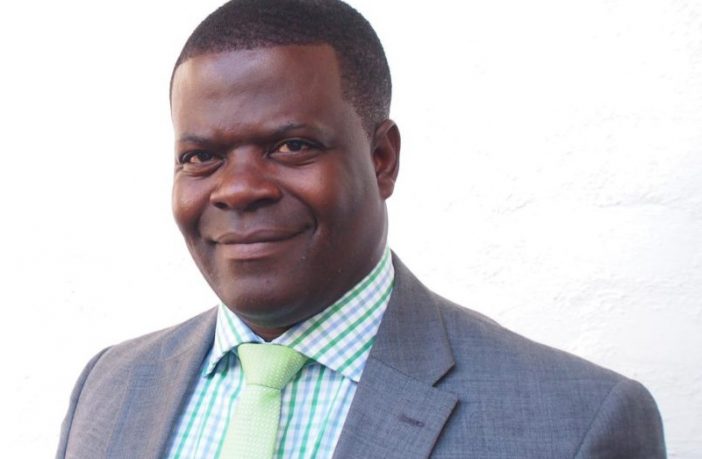- Over 30 independent power producers (IPPs) with licences to generate up to 5 000MW stand to lose their licences in Zimbabwe for continuously failing to build plants and deliver power.
- This announcement was made last Friday by Energy and Power Development Minister Fortune Chasi at the Zimbabwe Annual Mining Conference in Victoria Falls.
- The Minister said that the new Renewable Energy Policy will be launched soon paving the way for a competitive IPP bidding programme.
- The Minister also announced that mining companies can enter into supply contracts with IPPs or execute the projects alone.
The Minister said that the new Renewable Energy Policy will be launched soon. The new programme will allow for competitive procurement selection processes unlike the current scenario where potential investors solicit for bids but cling on to licences without executing the projects.
“The ministry is set to launch a Renewable Energy Policy once all approvals have been achieved, which will promote the uptake of renewable energy projects and allow for competitive procurement selection processes for the development of future projects,” said Minister Chasi .
“This is opposed to the current situation where potential investors solicit for bids and hold on to licences. At the moment, more than 30 entities have been licensed for power generation with capacity in excess of 5 000MW.
“Those currently not demonstrating capacity to execute their projects will have their licences revoked to avoid rent-seeking tendencies.” He added that Government has begun carrying out a review of all licences issued to potential investors to establish if the projects will be implemented in the short to medium term.
Government sees IPPs as critical in playing a significant role in addressing the power challenges facing the country. About 13 IPPs are already generating up to 13,2MW of power, which is being fed into the national grid.
Minister Chasi said other strategies to deal with power shortages include encouraging mining companies to set up photovoltaic solar plants to reduce power demand especially during peak periods. He said mining companies can enter into supply contracts with IPPs or execute the projects alone.
“I would like the (mining) industry to consider very seriously investing in solar so that we shed off a lot of power demand in the peak period which has resulted in load shedding,” he said.
Foreign currency shortages, and arrears with Eskom of South Africa and Mozambique’s Hidroelectrica de Cahora Bassa (HCB) amounting to US$83 million, have meant that Zimbabwe can only import 100MW from the two regional utilities.
Previously, Eskom and HCB used to avail 450MW to Zimbabwe but failure to pay the arrears since October last year had complicated matters.
Minister Chasi’s remarks come at a time when the country continues to contend with extended load shedding due to low water levels at Kariba Hydro Dam. Read more
Author: Bryan Groenendaal















